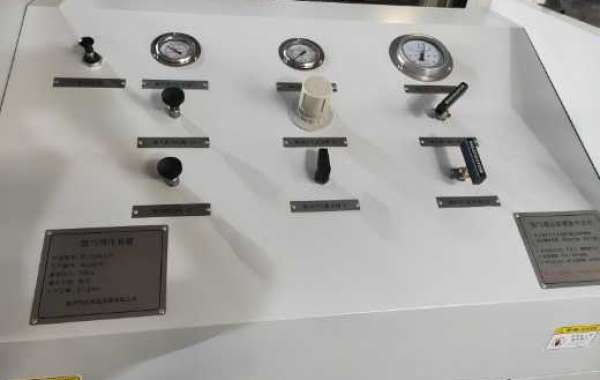In this article, we will explore the concrete aspects of Hydrogen Boosters, delving into the scientific principles, real-world applications, benefits, and potential challenges that surround this groundbreaking technology.
The Science Behind Hydrogen Boosters
- Hydrogen Generation: Hydrogen is generated using an electrolysis process that splits water (H2O) into its constituent elements, hydrogen (H2) and oxygen (O2). The electrolysis occurs within the hydrogen generator, which typically requires an electrical input to initiate the reaction.
- Injection and Mixing: Once generated, the hydrogen gas is introduced into the engine's combustion chamber or air intake. It mixes with the traditional fuel source, such as gasoline or diesel, in precise ratios. This mixture enhances the overall combustion process.
- Chemical Reactions: During combustion, hydrogen's presence alters the chemical reactions within the engine. The high energy content of hydrogen gas allows for a more complete and efficient burn, improving overall combustion efficiency.
Real-World Applications
- Transportation: Hydrogen Boosters are employed in various modes of transportation, from passenger vehicles to heavy-duty trucks and buses. By enhancing fuel combustion, these systems increase mileage and reduce emissions, making them particularly valuable in the context of green transportation.
- Power Generation: Power plants and generators benefit from Hydrogen Boosters to optimize the combustion of fossil fuels. By improving combustion efficiency, power generation becomes more sustainable and environmentally friendly.
- Industrial Processes: Industries use Hydrogen Boosters in their machinery and equipment to improve combustion efficiency. This is particularly crucial in sectors with high energy consumption, such as manufacturing and agriculture.
Benefits of Hydrogen Boosters
- Enhanced Fuel Efficiency: By improving the combustion process, Hydrogen Boosters lead to significant fuel savings. This efficiency results in cost savings for both individual consumers and industries.
- Emissions Reduction: Hydrogen's presence in combustion processes dramatically reduces carbon emissions, particulate matter, and other harmful pollutants. This is especially relevant in the context of reducing the environmental footprint.
- Engine Longevity: The cleaner combustion achieved with Hydrogen Boosters reduces the wear and tear on engines, extending their operational life. This is a crucial advantage in industries where machinery longevity is paramount.
- Sustainability: Hydrogen Boosters play a pivotal role in the transition to cleaner and more sustainable energy solutions. They help reduce reliance on fossil fuels and pave the way for more responsible and environmentally friendly combustion practices.
Challenges and Considerations
- Hydrogen Supply: The availability and sustainability of hydrogen production are crucial considerations. The source of hydrogen, whether through water electrolysis or natural gas reforming, impacts the overall environmental footprint of the technology.
- Infrastructure: The development of adequate infrastructure for hydrogen storage and distribution is essential for broader adoption. Without a reliable hydrogen supply chain, the potential of Hydrogen Boosters remains limited.
- Compatibility: Hydrogen Boosters need to be compatible with various engine types, and they often require adjustments and calibration for optimal performance. This aspect demands careful consideration during implementation.
Conclusion
Hydrogen Boosters are not just an innovative concept but a concrete solution to improve combustion efficiency and reduce emissions in various applications. Their scientific underpinnings, real-world applications, and tangible benefits make them a promising technology in the quest for cleaner and more efficient energy solutions. As the development and adoption of this technology continue to evolve, Hydrogen Boosters may well become a driving force in a greener and more efficient energy landscape, offering concrete solutions to address environmental concerns and enhance fuel economy.







